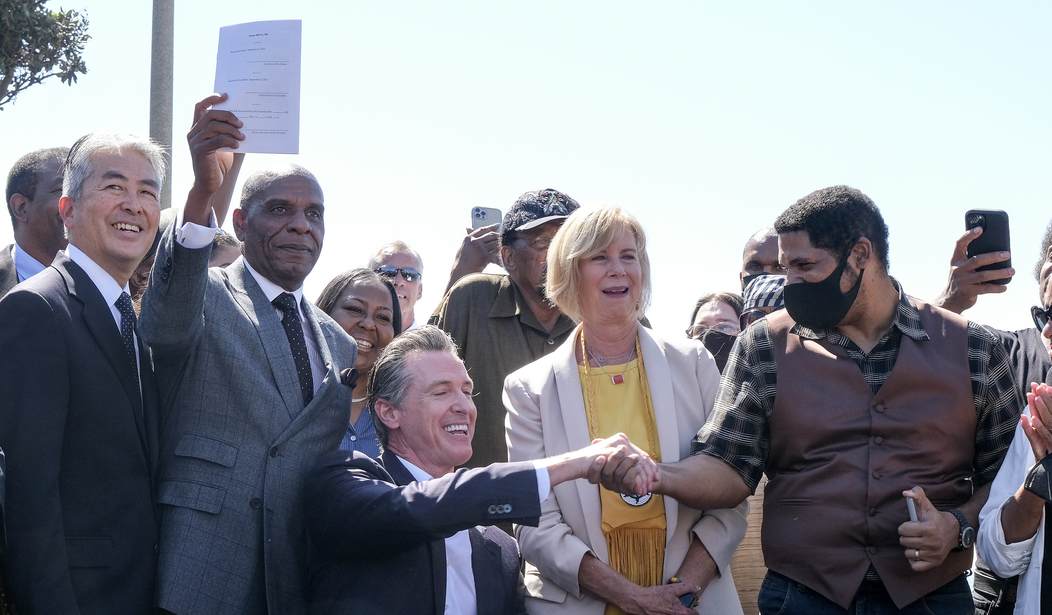A task force assigned to look at the issue of slavery reparations for black people has decided there should be limits on who receives the cash.
The panel agreed by a 5-4 vote that only those blacks whose ancestors were in the U.S. in the 19th century would be eligible for compensation. The panel rejected a motion to include all black people regardless of lineage.
The issue caused a long, emotional debate that previewed a split in the black community. Are reparations a slavery issue or a racism issue?
California’s task force members — nearly all of whom can trace their families back to enslaved ancestors in the U.S. — were aware that their deliberations over a pivotal question will shape reparations discussions across the country. The members were appointed by the governor and the leaders of the two legislative chambers.
Those favoring a lineage approach said that a compensation and restitution plan based on genealogy as opposed to race has the best change of surviving a legal challenge. They also opened eligibility to free Black people who migrated to the country before the 20th century, given possible difficulties in documenting family history and the risk at the time of becoming enslaved.
Others on the task force argued that reparations should include all Black people in the U.S. who suffer from systemic racism in housing, education and employment and said they were defining eligibility too soon in the process.
Reparations may be potent as a political issue in some areas of the country, but since the prospects of passage are currently extremely remote, debates like the one in California serve as a platform to rehearse the presentation of issues associated with reparations.
“When it comes to some sort of justice, some kind of recompense, we are supposed to step to the back of the line and allow Carribeans and Africans to be prioritized,” Ward said. “Taking this long to decide something that should not even be a question in the first place is an insult.”
California Assemblyman Reginald Jones-Sawyer, who voted against limiting eligibility, said there is no question that descendants of slaves are the priority, but he said the task force also needs to stop ongoing harm and prevent future harm from racism. He said he wished the panel would stop “bickering” over money they don’t have yet and start discussing how to close a severe wealth gap.
“We’re arguing over cash payments, which I firmly don’t believe are the be all and end all,” he said.
If people like Jones-Sawyer have their way, any reparations that don’t include other black people who aren’t descendants of slaves will be defeated. There are too many people who immigrated to the U.S. from Africa, the Caribbean, and South America after U.S slavery was ended who would be left out.
It will be interesting to see how this debate matures in the black community going forward and whether the issue will continue to gain currency.










Join the conversation as a VIP Member